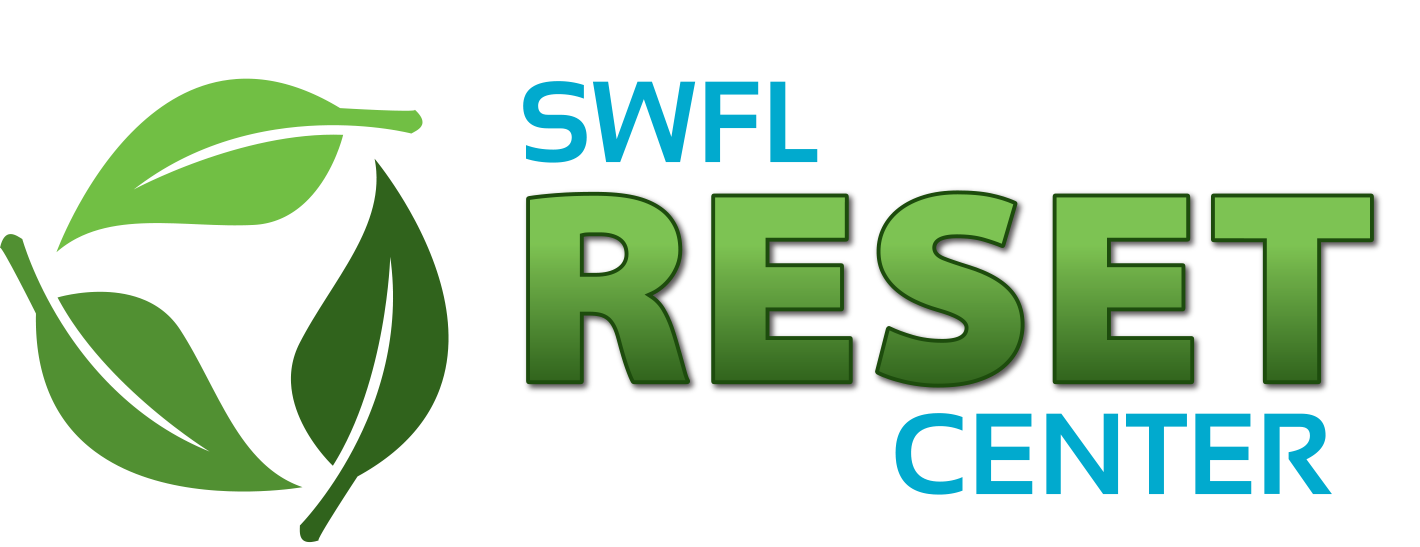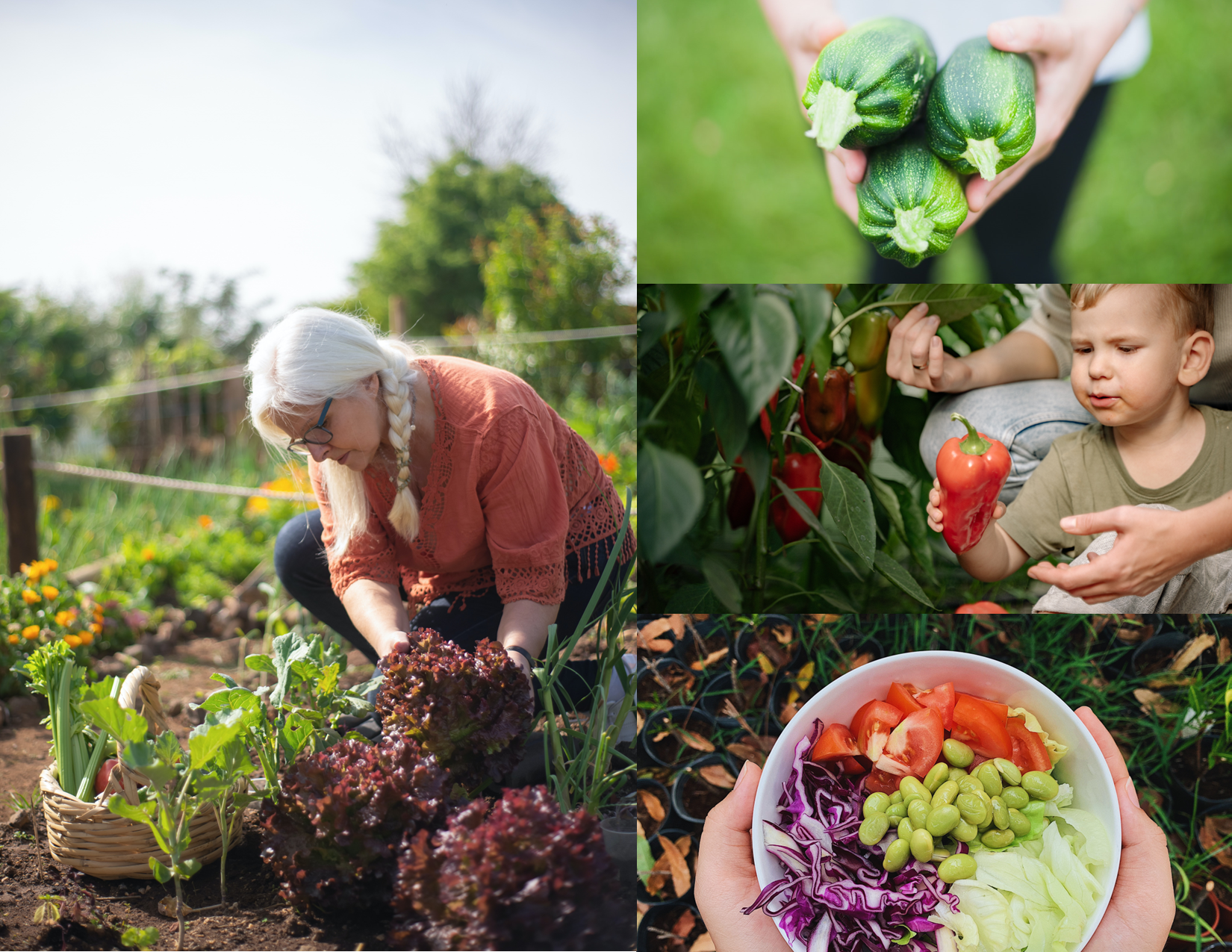Care about Food Insecurity in SWFL?
More than 3 million people in the state of Florida are food insecure. According to 2020 data from the Florida Department of Health, the average food insecurity rate for four southwest Florida counties was 12.3 percent. SWFL RESET wanted to know what we can do…
The food insecurity rate in SWFL is unacceptable.
When most people think about Florida, our sandy beaches and year-round sunshine come to mind. But Floridians overall are facing growing food insecurity….and parts of Florida are suffering a literal food desert right now.
Right now, more than 3 million people in the state of Florida are food insecure, meaning they have limited or uncertain access to enough nutritious food every day. This problem disproportionately affects children, as nearly one in four children in Florida are food insecure. It may surprise you to know that SWFL is among the highest rates in the state.
For the 4 counties comprising SWFL, the average food insecurity rate in 2020 (based on the percentage of population) was 12.3 percent compared to Florida's statewide 10.6 percent, according to the Florida Department of Health.
It is also tragically ironic that much of Immokalee, Florida, from where approximately 14 million pounds of food is harvested and shipped daily, is classified as a USDA food desert. But it may also surprise you to know even middle-income families are facing substantial food insecurity.
In consideration of identifiable shortcomings in our nation's food system, Ellen and Rick Burnette of Cultivate Abundance will join the REST Conversations team on Tuesday, June 13th to share their expertise and ways we can help.
Specifically, they will discuss practical opportunities for small-scale food producers (e.g., home gardeners, church/nonprofit gardens, small farms) to engage in grassroots, mutual aid efforts to address local food insecurity.
Register to attend here: bit.ly/3GoO1H9
You will also learn how Ellen and Rick Burnette, along with their colleagues, are addressing food insecurity in the farmworker community of Immokalee, Florida through Cultivate Abundance, a nonprofit that they founded in 2017, with Ellen serving as Executive Director. Rick directs Cultivate Abundance’s programming and technical initiatives, while also serving as field personnel with the Cooperative Baptist Fellowship (CBF) Global Missions. From 1994-2009, the Burnettes established and directed the Upland Holistic Development Project, an NGO that continues to address food insecurity and related issues among migrant communities along the Thai-Myanmar border. Between 2009 and 2013, the Burnettes helped to establish the ECHO Asia Regional Impact Center in Chiang Mai, Thailand with Rick later serving as the Director of Agriculture, and Ellen as the Retail Manager, at the ECHO Global Farm in North Ft. Myers, Florida from 2013 to 2017.
Learn how local small-scale food producers (e.g., home gardeners, church/nonprofit gardens, small farms) can help solve this crisis.
Don’t miss this opportunity to learn how you can help make a difference in the lives of Florida families in need.



